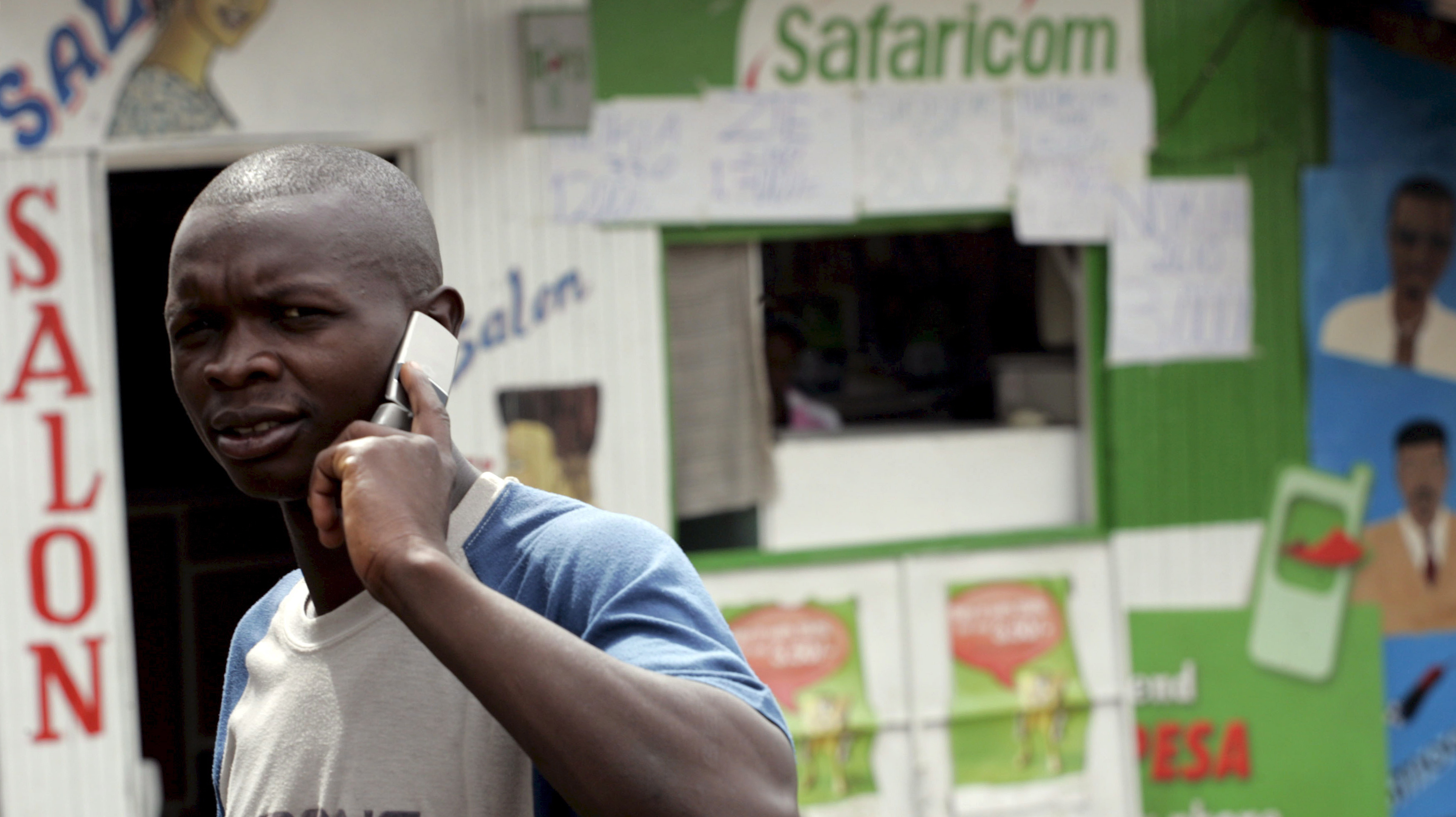When Safaricom, Kenya’s leading mobile provider, launched its 13th Sustainability Report at the 2024 Africa Shared Value and ESG Summit in Nairobi in October 2024, it not only marked a milestone in the company’s journey but also underscored the growing importance of purpose-led business in Africa’s future.
For South Africa – still grappling with high inequality and a lagging economy – this model presents a critical opportunity. South Africa needs its own version of Safaricom: a business that drives development, fosters digital inclusion, and positions the country as a global hub for innovation.
Safaricom’s 24th birthday celebrations were as much a reflection on past successes as they were a roadmap to the future. The company’s expansion beyond mobile telecoms to a broader “purpose-led digital company” focusing on everything from payments and education to insurance and even device manufacturing is a textbook example of what Africa’s businesses must become to lead development on the continent.
Safaricom’s ambition to be “Africa’s leading purpose-led digital company by 2030” is grounded in the belief that technology is central to Africa’s growth – a philosophy that’s now embedded across every facet of the company’s operations.
The Kenyan company’s approach is deeply informed by the Sustainable Development Goals (SDGs). Technology and digital inclusion are development imperatives that happen to be good for business. Safaricom’s portfolio is all about connectivity for societal impact. Its services – from M-Pesa, which has transformed mobile payments across the region, to offering affordable healthcare and agricultural solutions – demonstrate the power of shared value: a business model that creates profits by addressing broader societal challenges.
For South Africa, the lesson is clear. A company like Safaricom is a socioeconomic multiplier touching every facet of life in Kenya. It is leading the charge of job creation, fostering innovation and tackling systemic issues such as financial exclusion, healthcare access and education.
With more than 60% of Africa’s population under the age of 25, the continent is a hotbed for technological adoption. This presents South African businesses with a clear opportunity: take the lead in digital transformation as a driver of economic inclusion at a continental scale.
The case for digital inclusion in South Africa
Take, for instance, the cost of digital connectivity in Africa. According to recent reports, Africans pay six times more for data than their counterparts in the rest of the world.
In South Africa, the problem is even more acute, with some of the highest mobile data costs in the world. Without affordable access to digital infrastructure, millions of South Africans remain excluded from the digital economy – a growing concern as the world rapidly moves toward digital commerce and the next industrial revolution on the back of artificial intelligence (AI).
In this context, the $110-billion estimate to connect 90% of Africans to fibre optics becomes crucial. This is a challenge that needs addressing now, before the gap in digital access becomes too wide to bridge. South Africa’s businesses and policymakers must take cues from Kenya, where they are deliberately reducing costs, improving infrastructure and making digital platforms accessible to the masses.
Safaricom’s commitment to affordable data and lower-cost devices has already begun to reshape Kenya’s economy. The company has played a pivotal role in the rise of fintech in Kenya, which has now overtaken Nigeria as the top African destination for fintech investment since 2023.
South Africa must ask: why can’t it replicate this success? If Kenya can create a thriving digital economy, what’s stopping South Africa?
The responsibility lies with traditional telcos that still dominate South Africa’s mobile market. And while mobile payments and digital platforms are growing, they are far from having the same impact as M-Pesa in Kenya.
South Africa’s corporate sector, much like Safaricom, must evolve. This means going beyond providing traditional services and moving into the realm of digital inclusion, lowering the cost of connectivity across the board and offering alternative products from healthcare to education as part of a broader development agenda.
The economic imperative for South Africa
The economics of digital platforms are clear. More than 30% of global commerce is now transacted through digital means, and Africa’s youth, with their natural affinity for technology, are poised to drive the next wave of digital transformation.
But they need access. Connectivity needs to be ubiquitous, affordable and impactful. New technologies – whether in agriculture, healthcare, or education – bring new opportunities, and these are the sectors that will drive the continent’s growth.
Kenya’s model shows that it is possible to be both profitable and impactful. Safaricom’s purpose-driven business model hasn’t just made it the most successful mobile operator in East Africa – it has helped change the socioeconomic trajectory of the entire region.
South Africa’s corporations, especially in the tech and telecommunications sectors, need to adopt a similar mindset. A purpose-led approach that integrates technology into the very fabric of the country’s economic development is critical if South Africa is to create jobs, foster innovation, and ensure that its youth are equipped for the future.
South Africa’s digital future
The lesson from Kenya is simple: South Africa’s future lies in the hands of businesses that are committed to more than just profit. Safaricom’s evolution from a mobile telecom to a digital solutions provider shows that Africa’s future success stories won’t be about selling products – they will be about creating ecosystems that drive development through technology and connecting people.
Kenya has the potential of becoming not just a continental, but a global technology hub. It is time for South Africans to take the leap, with a similar vision and ambition inspired by business as we chart a new path for the continent as a whole. DM
Prof Lyal White is a faculty member at the Gordon Institute of Business Science and a research fellow at the Brenthurst Foundation.





